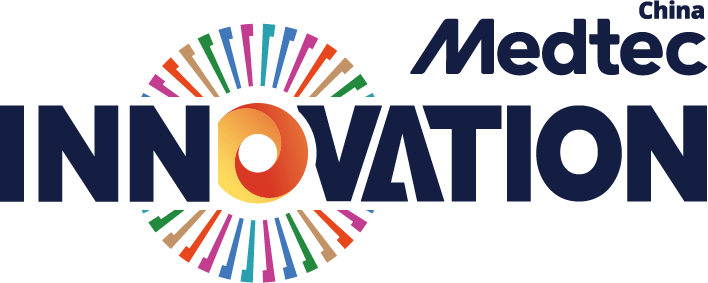Double-Digit Growth Forecast for 3D Printed Medical Devices Market
The 3D printed medical devices market is set for exponential growth over the next 10 years, according to Fact.MR data. A report from the company projects the sector to expand 14.5 percent annually through 2032, reaching $11.5 billion from an anticipated 2022 value of $2.9 billion.
Introduction of 3D-printed tablets has paved new opportunities for 3D-printing technology, increasing its application across the pharmaceutical industry. Numerous collaborations have been witnessed worldwide, between academic institutions and major players in the market, who are investing heavily in R&D activities. 3D-printing technology has been revolutionizing the preclinical drug testing, making the testing on 3D-printed organs convenient, thereby resulting into the provision of a substitute for animal testing. This technology is also making it easy for surgeons to improve the complicated procedures’ success rate. The aforementioned factors are expected to augment demand for 3D printing medical devices in the years to come.
Potential of 3D-printing in transforming medical devices’ use to treat various diseases is impacting the healthcare sector, enabling construction of non-implantable and implantable medical devices, and cost-effective customizable medical devices. Rise in demand for medical devices that match a patient’s anatomy in orthopedic, and maxillofacial surgery is favoring expansion of medical 3D-printing industry. Facilitating surgeons in planning surgeries, 3D printing medical devices help in lowering operative risks encountered during complex procedures, reduce duration of anesthesia exposure, decrease risk of infection, enable patients in recovering faster, and dramatically reduce time of hospital stay. These factors might further impact the market growth over the forecast period.
The introduction of 3D printed tablets has taken hold in the pharmaceutical industry, creating further growth and revenue opportunities in the 3D printing medical devices market. Collaborations between leading market players and academic institutions are occurring worldwide, thereby investing in research and developmental activities, supporting market growth by 1.3 times. However, high pricing of printers, lack of structured regulation, limited technical expertise, unfavorable reimbursement policies, and biocompatibility issues that pertain to 3D printed medical devices are expected to hinder market growth.
By product type, the global 3D printed medical devices market is segmented as: 3D printers, 3D bio-printers, materials, and software/services. By technology type, the sector is segmented by laser beam melting, photo polymerization, three-dimensional printing, electron beam melting, and droplet deposition.
Key players in the 3D printed medical devices market include 3D Systems Corporation, Biomedical Modeling Inc., Carbon Inc., General Electric Company, Envision TEC GmbH, Materialise NV, Organovo Holdings Inc., Groupe Gorge SA, Renishaw Plc, and SLM Solutions Group AG.
Key Takeaways
• Software and services are anticipated to remain preferred among products in the global market. Revenues from software and services are expected to account for more than one-third share of the market throughout the forecast period. In addition, sales of 3D-printing materials will exhibit the highest compound annual growth rate (CAGR) through 2022.
• Photo polymerization is projected to remain the largest adopted technology in the global market for 3D-printing medical devices, followed by the laser beam melting technology. In addition, sales of electron beam melting technology, and three-dimensional printing technology are expected to exhibit a similar CAGR through 2022.
• On the basis of end-users, hospitals will remain dominant in the market, with sales poised to exceed revenues worth $1 billion by the end of this year.
• Asia-Pacific excluding Japan (APEJ) will emerge as the fastest expanding market for 3D-printing medical devices during the forecast period. In terms of revenues, North America is expected to be the most lucrative region for growth of the market.










